How companies facing a make-or-break 2020 fared
The verdict on how 15 faltering firms have performed over the past year
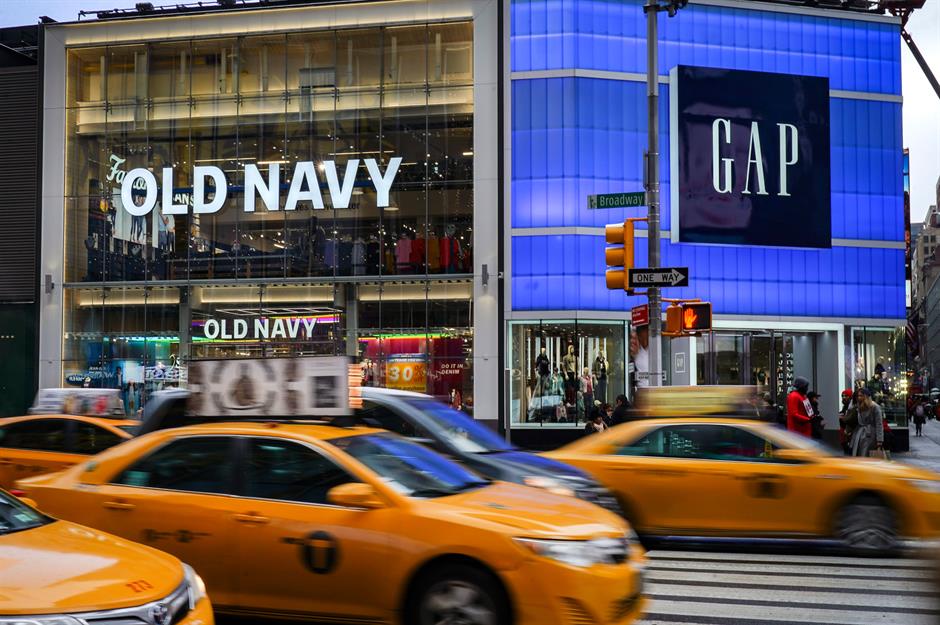
At the end of last year we looked at the big-name companies facing a tough 2020. Now it's time to review the firms' performances during the past 12 months and reveal how they've coped with the coronavirus pandemic. Though some have managed against the odds to turn their fortunes around to varying degrees, others have been plagued by dwindling sales and profits, legal and regulatory difficulties, and mounting debt, while one major player is set to disappear. Click or scroll through the gallery to find out which of the companies have swum in 2020, and which have sunk like a stone. All dollar values in US dollars.
Uber
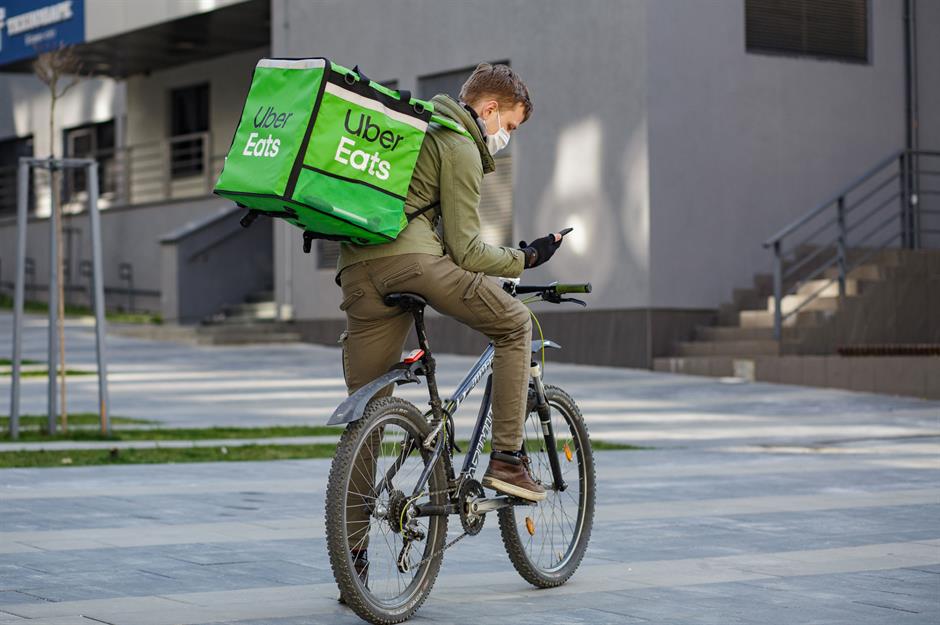
In stark contrast to last December, the future is looking bright for Uber. Despite a slump in its Rides division due to COVID-19, the company has been able to offset its losses considerably thanks to the stellar growth of its takeout food and grocery delivery service Uber Eats, which has thrived during the COVID-19 pandemic. In fact, turnover from this side of the business has doubled since this time last year. The growth has been buoyed by Uber's acquisition in July of rival food delivery service Postmates.
Uber
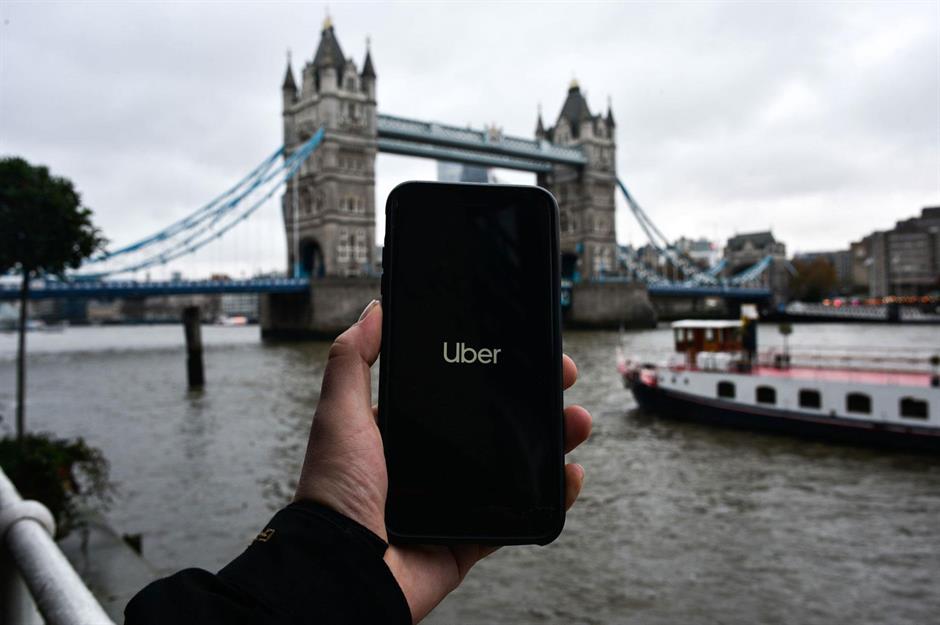
This year has also seen the lifting of the ban on Uber Rides operating in London, the passage of Prop 22 in California, which allows the company to continue classifying its drivers as contractors, and an EU ruling stating that Uber can be regulated as an online platform rather than a taxi service. All this good news combined has worked wonders on the firm's share price, which has hit record highs in recent weeks as investors flock to put their money into the business. It's also sold off its driverless cars subsidiary to Aurora Technologies to focus on profitability, although it still has a 26% stake in the business.
Sponsored Content
WeWork
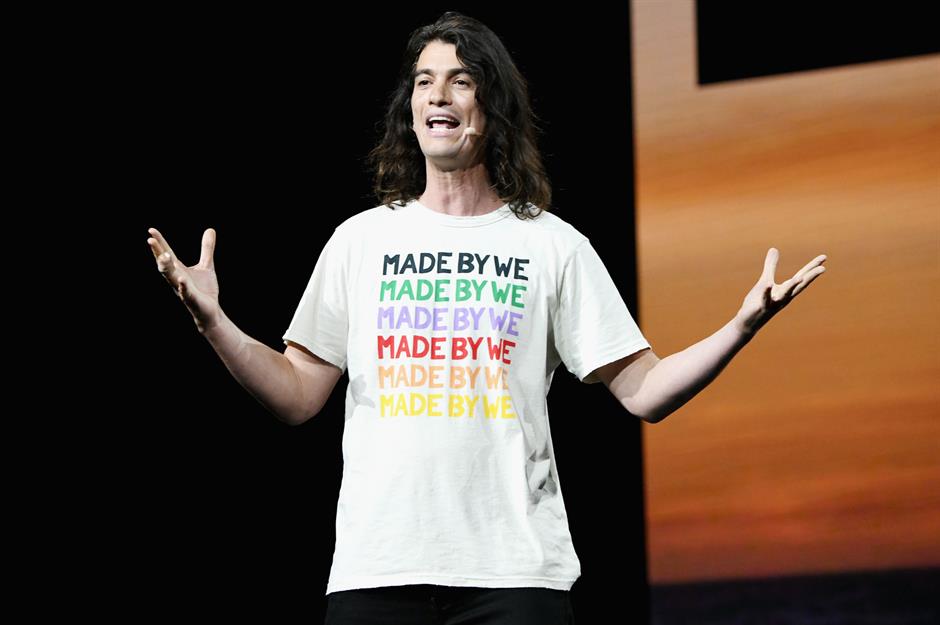
Talk about kicking a company when it's down – the coronavirus pandemic has proved disastrous for WeWork, with demand for the office space provider's services tanking big time as an unprecedented number of people work from home. Although the firm sold off its core assets earlier this year and has laid off hundreds more employees to cut costs, it has nonetheless burned through $1.7 billion (£1.3bn) since the start of 2020, while former CEO Adam Neumann's net worth has plummeted by as much as 97% according to Bloomberg, pushing him out of the billionaire's club.
WeWork
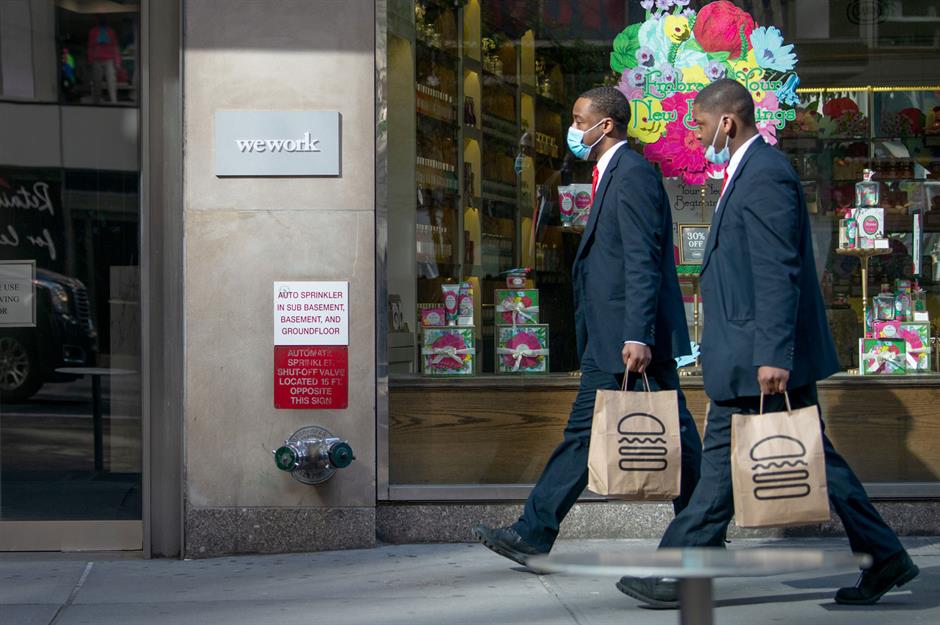
It's not all doom and gloom however. WeWork executive chairman Marcelo Claure announced in July that the company was on track to deliver positive cash flow and profit in 2021. One way the firm is aiming to achieve this is through the expansion of its pay-as-you-go model. Already launched in New York, it offers employees and freelancers, fed up with working from home, on-demand, socially-distanced desks and meeting rooms in WeWork facilities, and could be a boon for companies looking to ditch their permanent offices.
ByteDance/TikTok
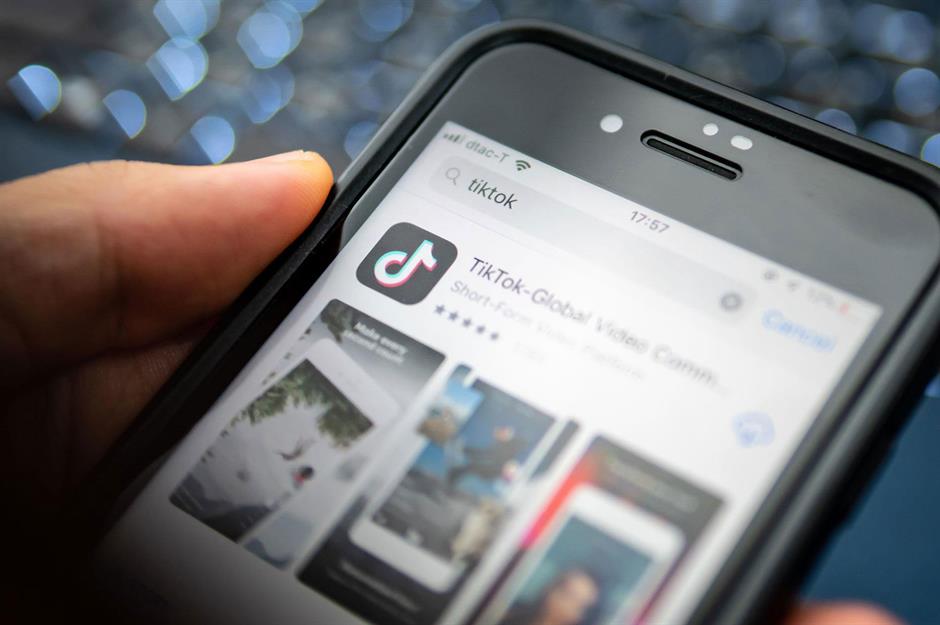
It's been a tumultuous year for TikTok parent company ByteDance. In April the mega-popular Chinese short-form video app topped two billion downloads, but regulatory woes have mired the rest of 2020. On 29 June Tiktok was banned in India over alleged data and privacy issues. Then the US government bared its teeth. Citing security concerns, President Trump signed an executive order in August effectively banning the app and forcing ByteDance to sell or spin-off its US business to an American firm within 90 days.
Sponsored Content
ByteDance/TikTok

The deadline has since been extended multiple times. Right now, ByteDance is still engaged in talks with the US government, as well as Walmart and Oracle, who are hoping to take over the app in America, creating a company called TikTok Global. Whatever happens Stateside, Generation Z's go-to video app is going from strength to strength elsewhere with mobile analytics firm App Annie predicting that Tiktok will boast more than 1.2 billion monthly active users globally by the end of 2021.
Royal Mail
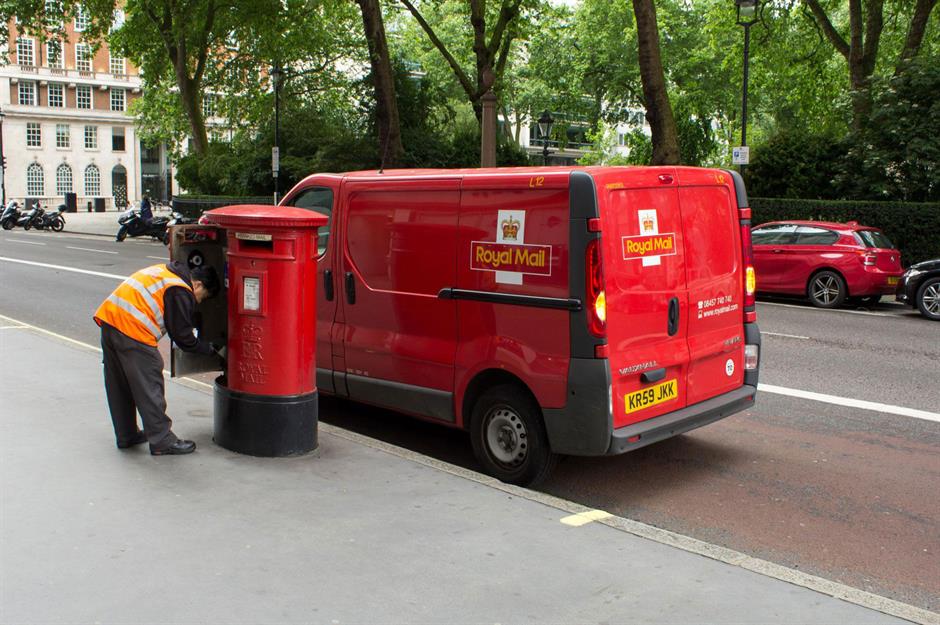
Royal Mail
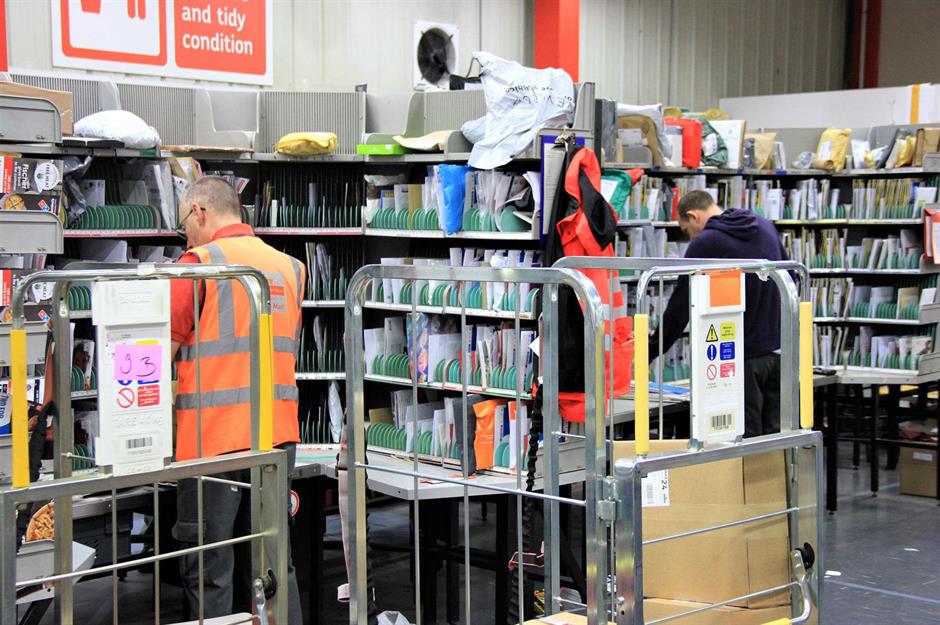
The surge in parcel deliveries, which now make up 60% of its revenue, has been put down to the explosion in online shopping brought about by the pandemic. Adding to the boost in its turnover, Royal Mail has launched a potentially lucrative collect-from-home service, recently beat Amazon to win a $730 million (£550m) UK government contract to deliver COVID-19 testing kits and is raising the price of a first-class stamp by 10% to help offset losses in its letters division. No wonder the company share price is doing so well.
Sponsored Content
Kraft Heinz
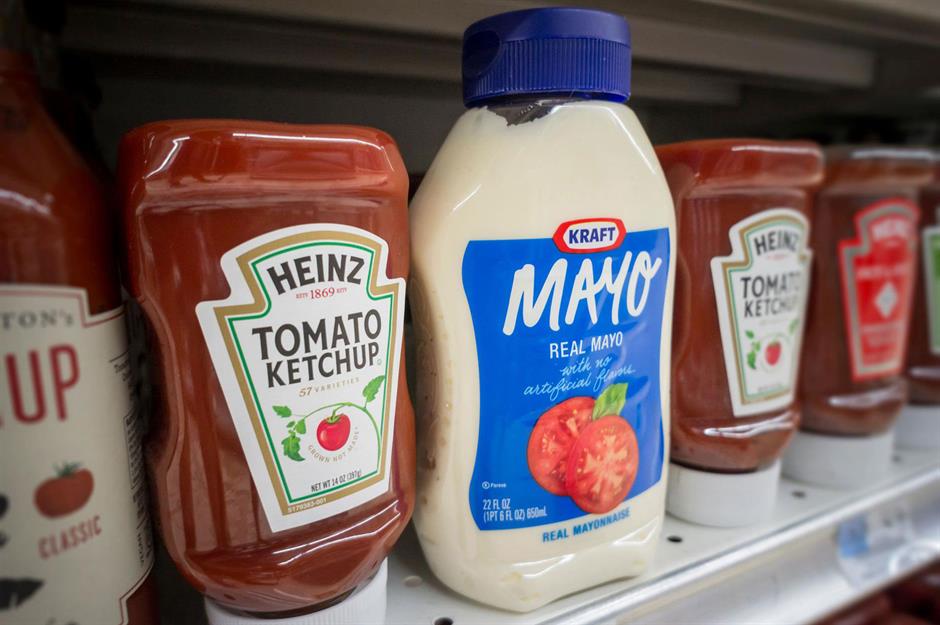
Kraft Heinz
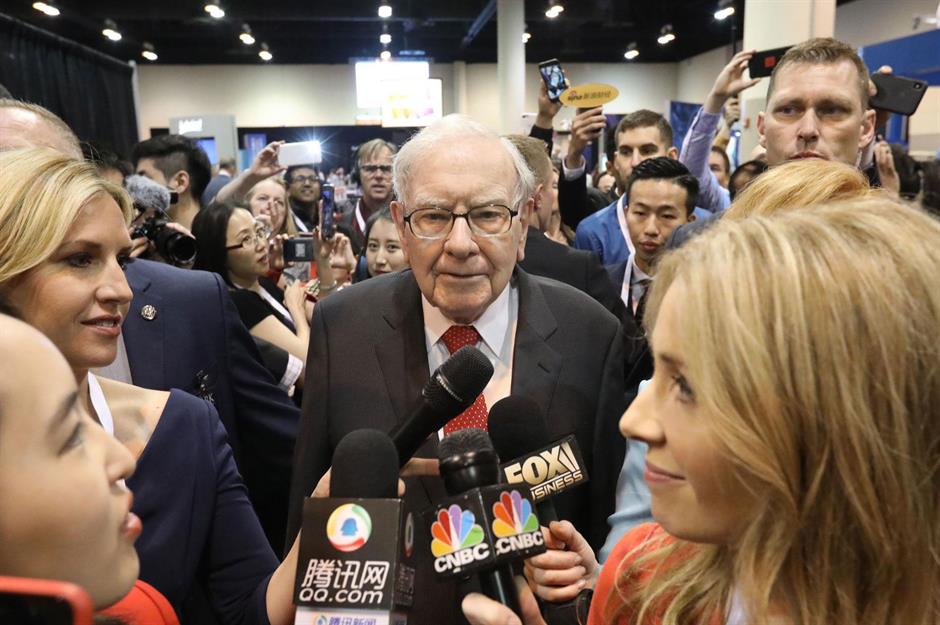
Major investor Berkshire Hathaway has stayed true to its boss Warren Buffett's word and held on to its investment in the company and Kraft Heinz CEO Miguel Patricio now expects 2021's financials to exceed those forecast in the company's strategic turnaround plan. Still, the company share price is down 64% since its 17 February 2017 peak, and the firm's management will have to pull out all the stops to get it back to anywhere near those heady heights.
Revlon
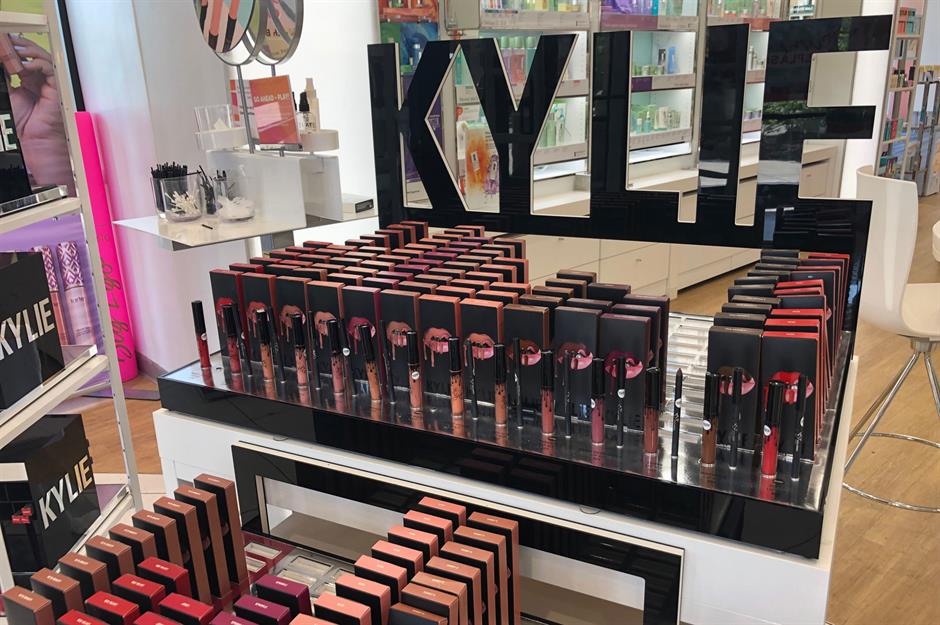
Revlon's struggles have continued in 2020. The US beauty titan has been battling everything from a punishing debt load to changing customer tastes and increased competition from relative newcomers such as Kylie Cosmetics and Fenty Beauty. The COVID-19 pandemic hasn't done the firm any favours either, contributing to massive losses this year. While make-up brands typically perform well during recessions, as people continue to spend money on little luxuries for a boost, the nature of this year's crisis has proved more of a challenge for the cosmetics industry, and Revlon in particular. After all, who needs make-up when you're stuck at home and can't go to the office or out for a night on the tiles?
Sponsored Content
Revlon
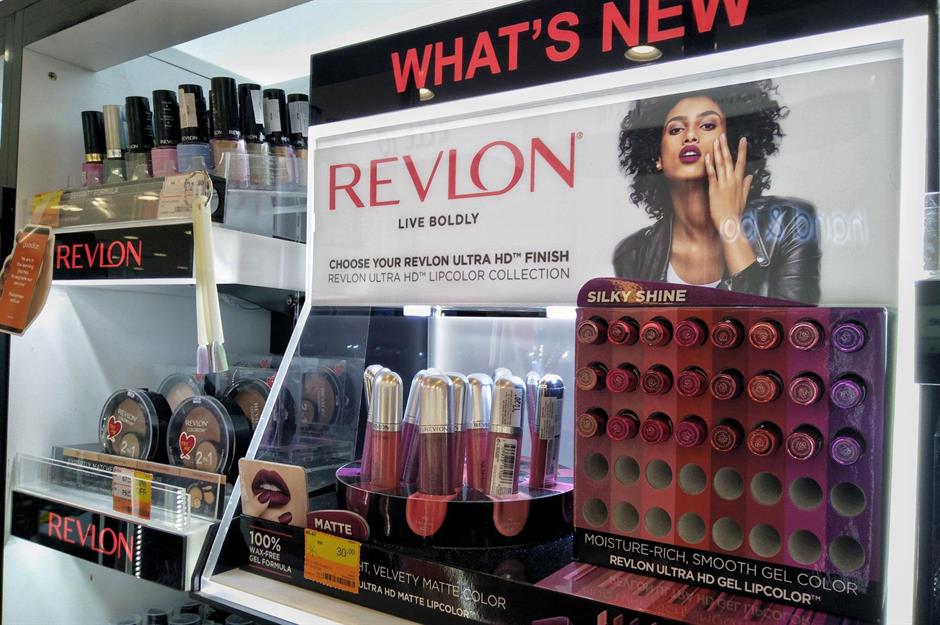
Be that as it may, glimmers of light have appeared at the end of the tunnel. Revlon re-entered the Chinese market earlier this year and announced in November that it had closed a deal to cut its debt load and stave off bankruptcy, triggering a 48% upswing in the company share price.
Bayer
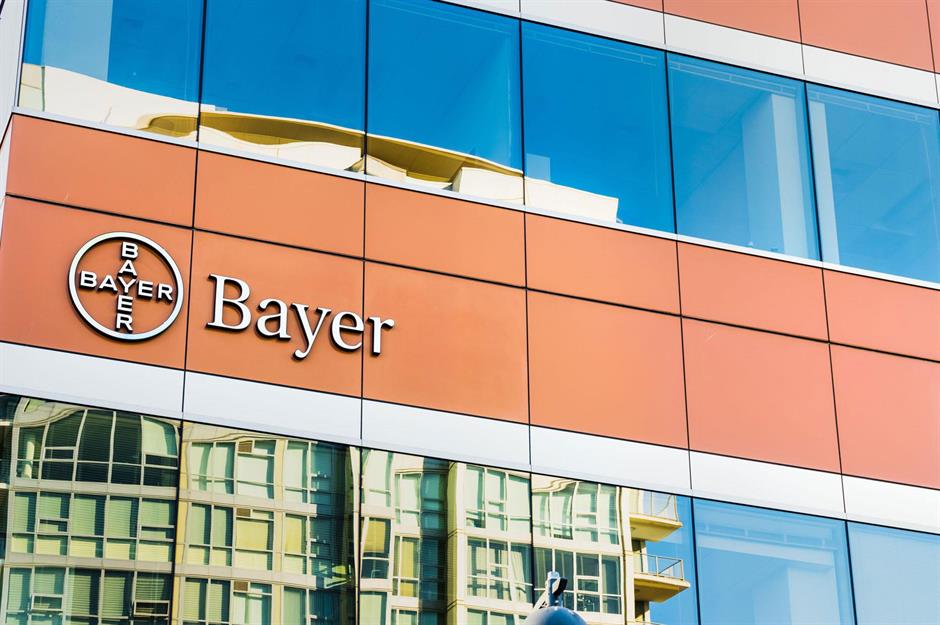
Like Revlon, Bayer has had a pretty bad year. The German big pharma company's acquisition of controversial agrochemical firm Monsanto in 2018 continues to be a millstone around its neck with the coronavirus pandemic battering the agrochemicals division it inherited. Crop Science revenues declined 11.6% during the third quarter compared to the same period in 2019 and seed sales fell by almost 40%. Revenues for the pharmaceuticals side of the business have dropped as well.
Bayer
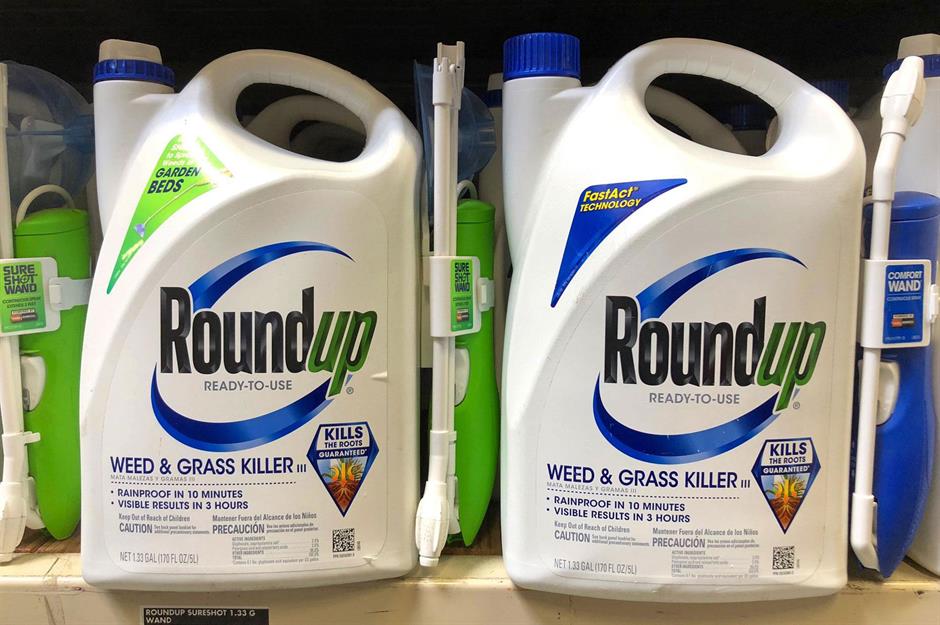
Bayer also inherited the swathe of lawsuits surrounding Roundup, the glyphosate-based Monsanto weedkiller that allegedly causes cancer, and litigation is still dragging on and costing the company billions of dollars. Unsurprisingly, Bayer's share price has been in atrocious shape throughout 2020, and at the time of writing is down 35% since the beginning of the year.
Sponsored Content
Gap Inc.
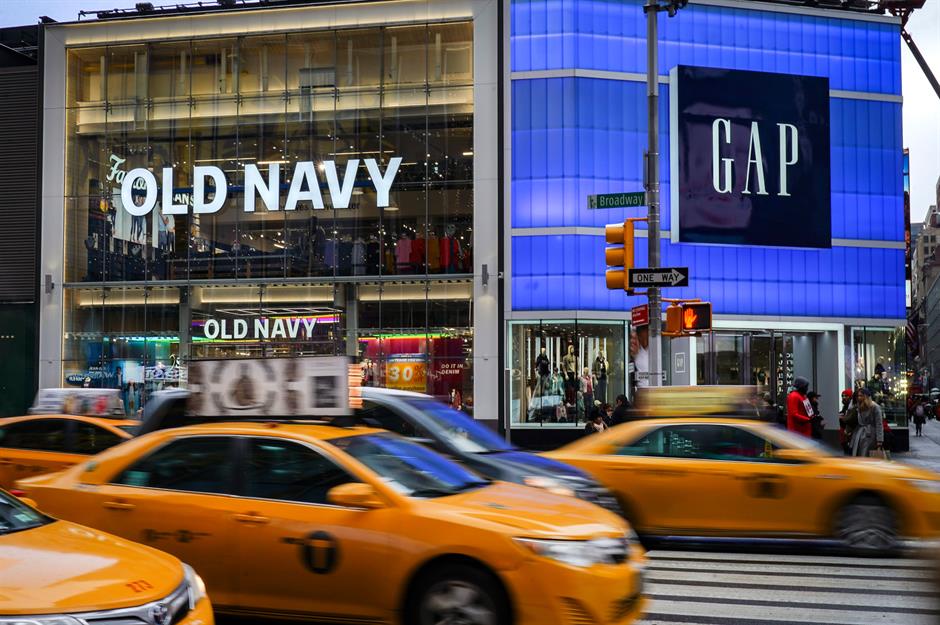
Gap Inc. isn't messing around when it comes to reviving its flagging business, and the fruits of its efforts are beginning to show. Though overall earnings during the third quarter of 2020 fell short of analyst expectations, sales in the US apparel retailer's Old Navy division increased by 15%, while revenues of its women's athleisure brand Athleta skyrocketed 35% as people bought more comfortable clothing.
Gap Inc.
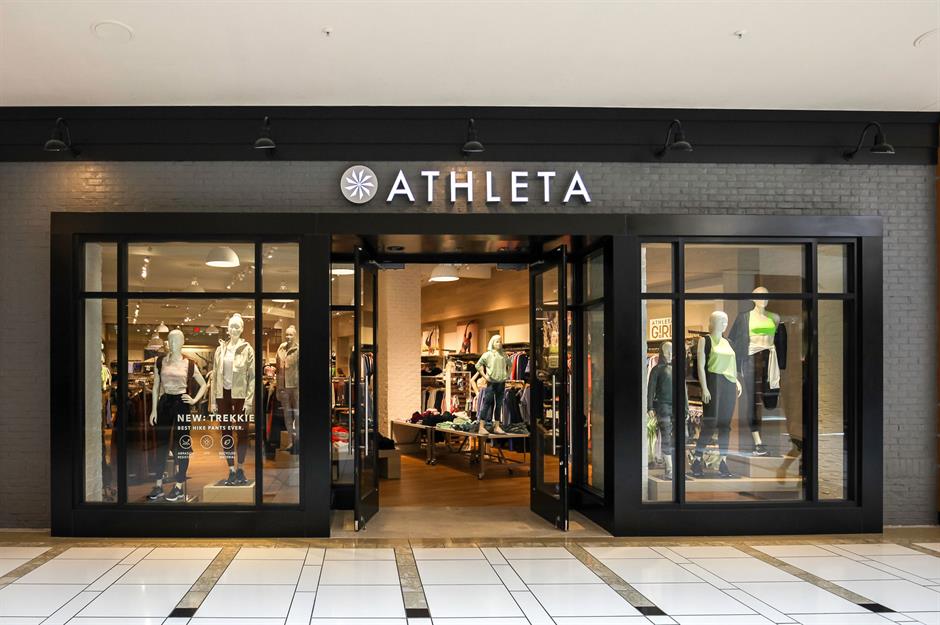
Delighting investors, Gap Inc. has initiated its Power Plan 2023 and expects the Old Navy and Athleta divisions to account for 70% of the company's profits by 2023, while the company expects to return to profitable growth next year. This is reflected in the firm's share price, which has risen by just under 18% since the start of 2020, though Gap Inc. stock did take a hit following the announcement of those slightly disappointing third quarter results.
Now read about the cost of cancelling 2020's major events
De La Rue

In a similar vein, British banknote provider and passport maker De La Rue is in the midst of an ambitious restructuring and cost-cutting plan, which is beginning to turn around the company after a dire 2019 when it lost the UK passport contract to an overseas supplier. The firm beefed up its balance sheet in July by issuing new shares and the Authentication side of the business has been generating tidy profits. De La Rue is also developing a plum sideline issuing COVID-19 immunity certificates.
Sponsored Content
De La Rue
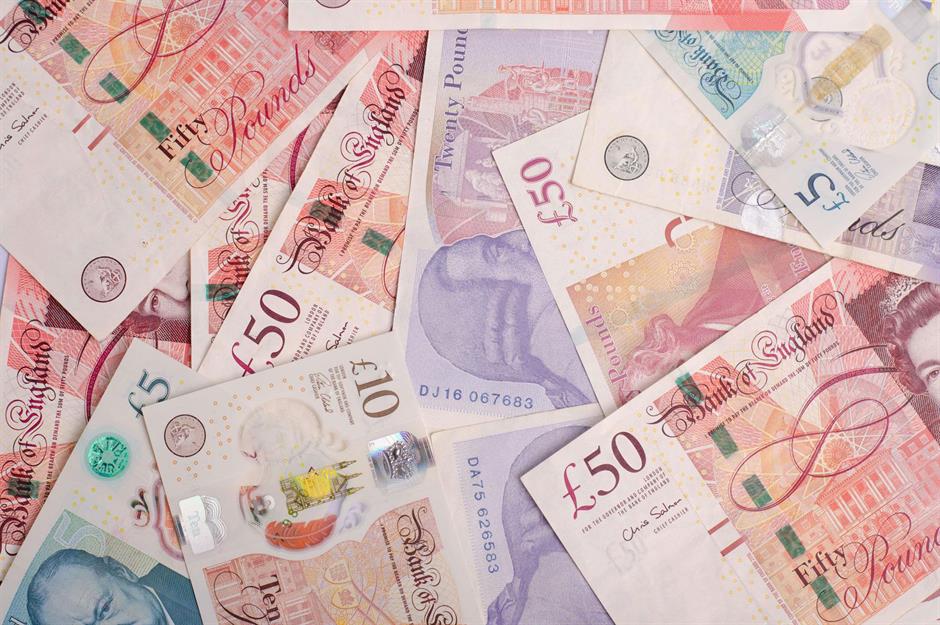
The same can't be said though for the currency side, which accounts for 73% of the company's profits. It remains a loss-making endeavour but, according to De La Rue's bosses, orders are coming in thick and fast. In any case, the company share price has increased just over 20% since 2 January, meaning the firm is clearly doing something right to revitalise its fortunes.
L Brands
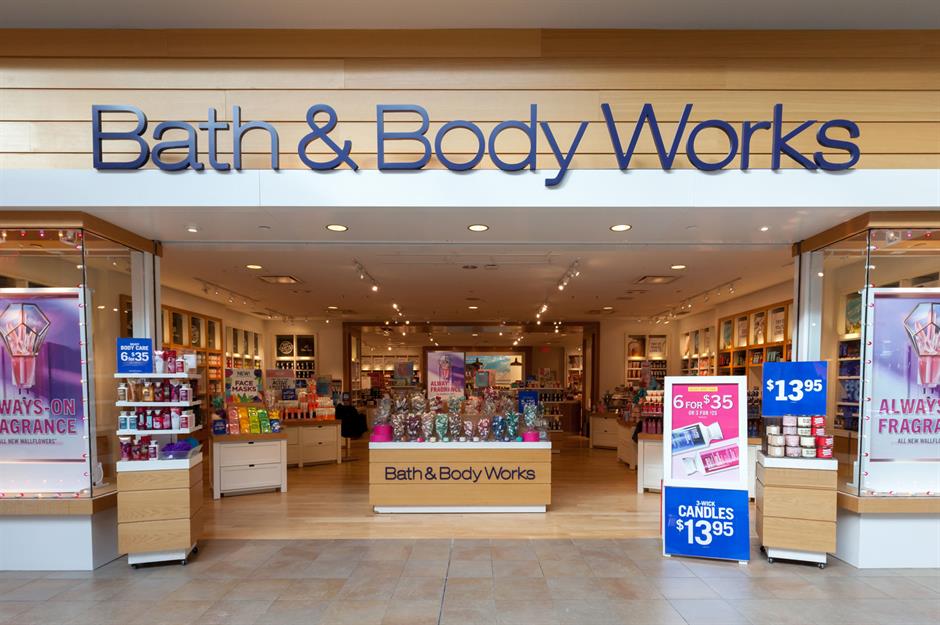
The parent company of Victoria's Secret and Bath & Body Works, L Brands has “got its groove back” this year says financial news provider Barron's. Bolstered by sales of hand sanitiser and soap, Bath & Body Works has continued to deliver with sales in the third quarter of 2020 up 56% compared to an increase of 9% during the same quarter last year, while Victoria's Secret, the weak link in the business, boosted revenues by 4%, whereas in the same quarter in 2019 the brand saw sales slip by 8%.
L Brands
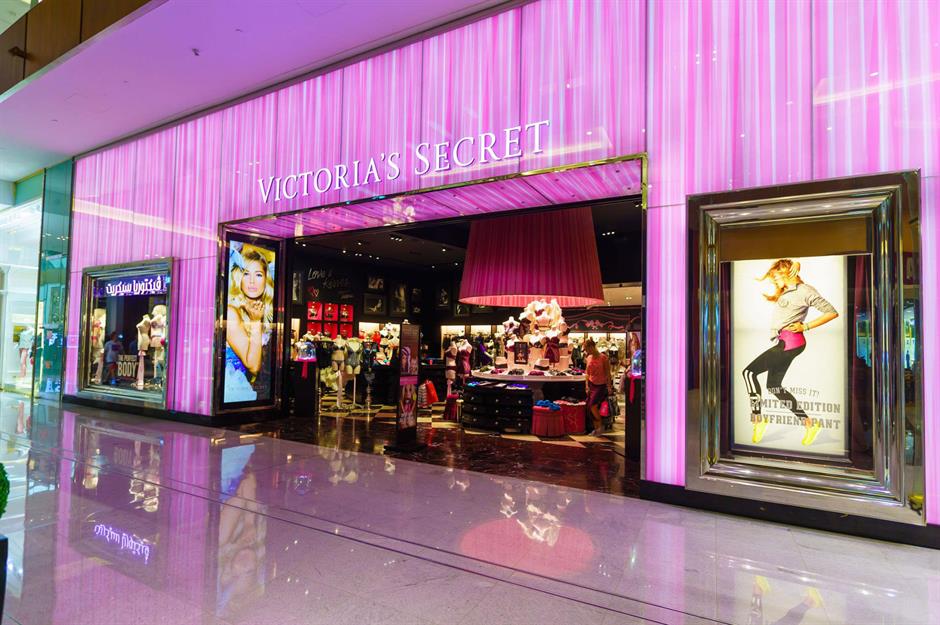
L Brands has also shored up its business by cutting costs and raising new debt, and is now planning to separate its two divisions after failing to sell the troubled Victoria's Secret, though this side of the business does appear to be turning around. As you might imagine given all this good news, L Brands' stock price has been heading skyward, having risen by a jaw-dropping 118% since the beginning of the year.
Sponsored Content
Johnson & Johnson
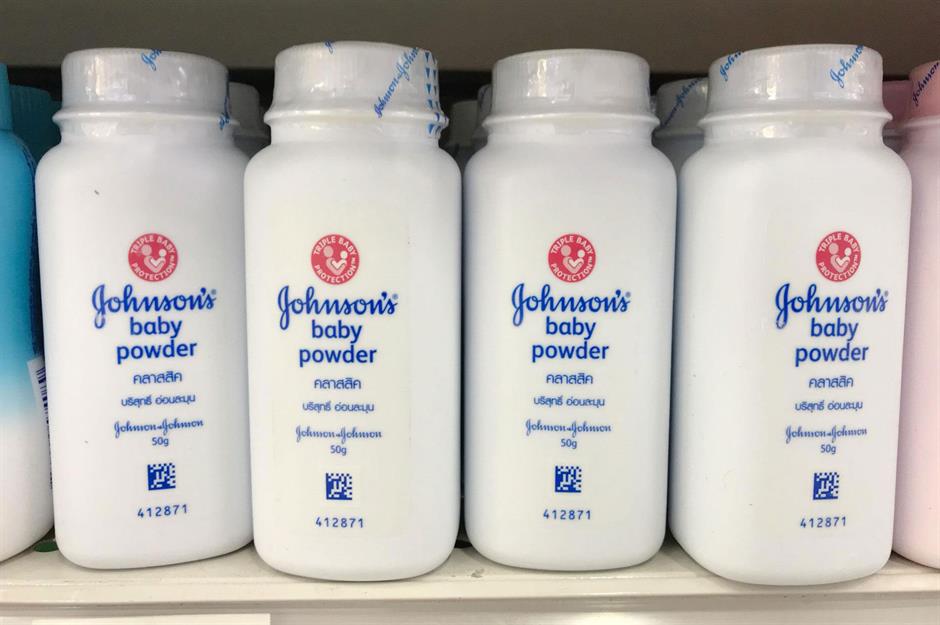
Johnson & Johnson

Teva Pharmaceuticals
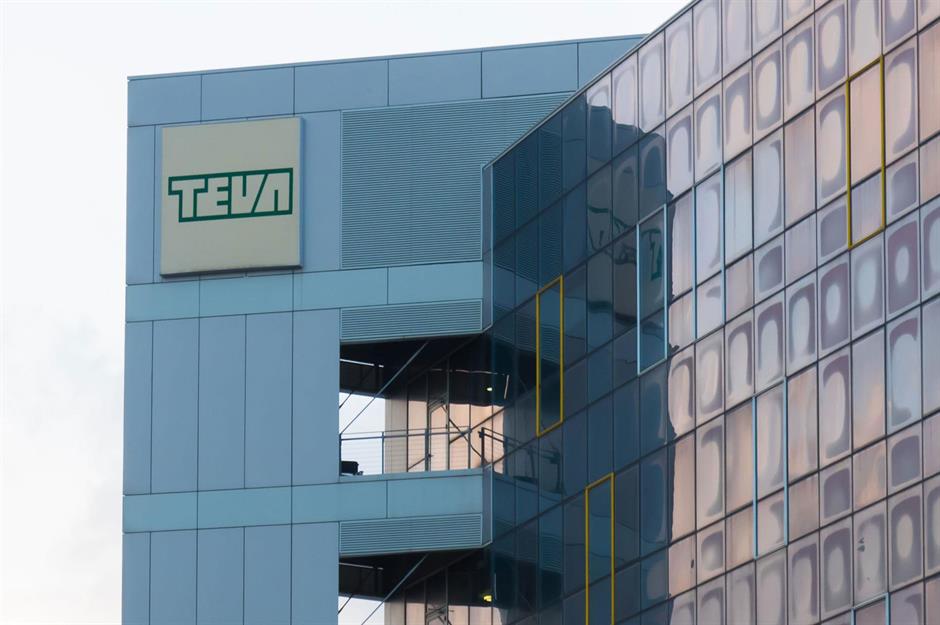
In a similar situation to Johnson & Johnson, Israel's Teva Pharmaceuticals, the number one generic drugmaker on the planet, is also being dragged down by legal woes, which have intensified in 2020. These legal problems are related to allegations the company helped fuel America's opioid crisis, as well as accusations that it fixed generic drug prices.
Sponsored Content
Teva Pharmaceuticals
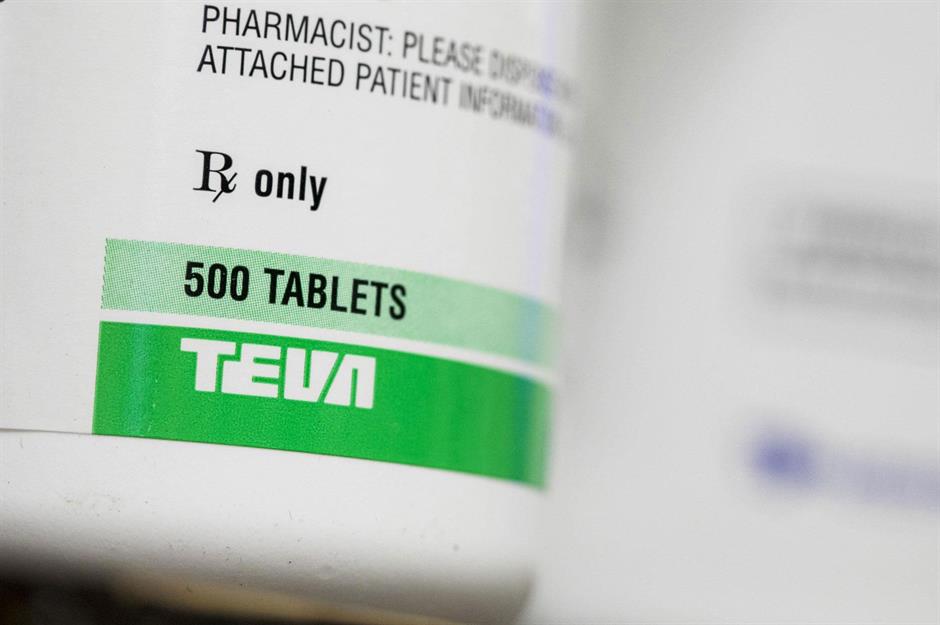
Kohl's
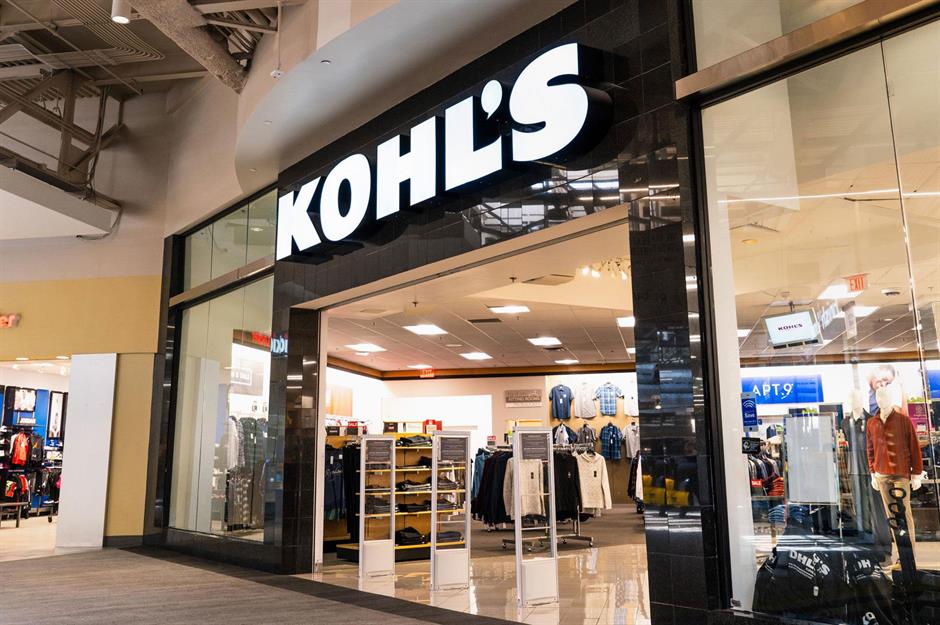
The coronavirus pandemic sent Kohl's stock plummeting in late February and early March as retail sales took a major hit. The Midwestern chain had to make “unimaginable decisions” to deal with the crisis, says CEO Michelle Gass, and these tough decisions appear to be paying off. While bricks-and-mortar retail revenues declined by 23% in the second quarter of this year compared to the same period in 2019, online sales soared by 58%.
Kohl's
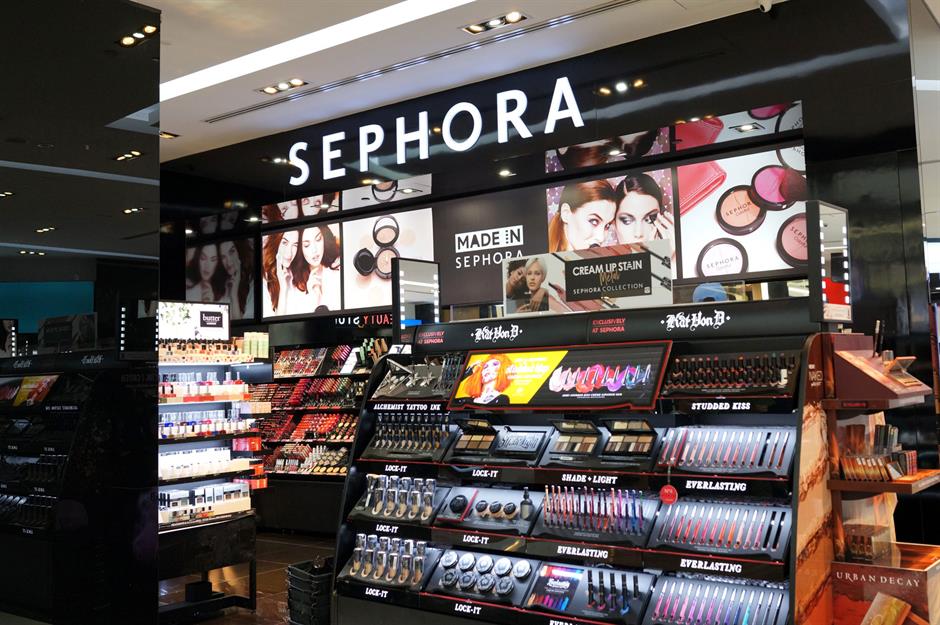
The company share price has been on a sharp upward trajectory since October on the back of a succession of good news stories, including the company's decision to focus increasingly on leisurewear, the announcement that French beauty retailer Sephora is coming to its stores, which will make for a lucrative concession, and far better than expected third quarter results – the chain even turned a profit during the quarter, much to Wall Street's surprise.
Sponsored Content
Alitalia
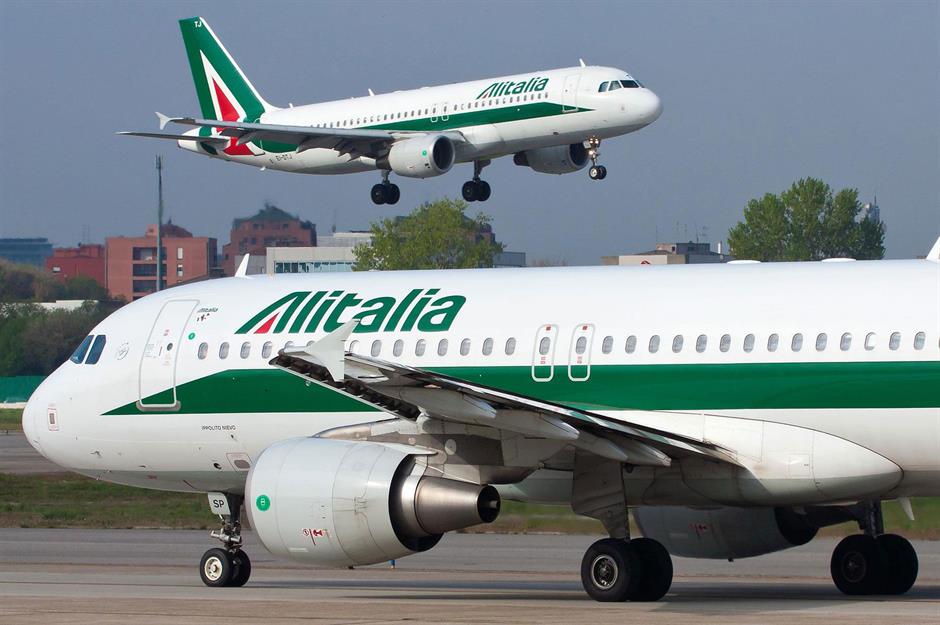
This time last year Italy's flagship airline Alitalia, which hadn't made a profit for 15 years, was reportedly burning through €700,000 ($850k/£635k) a day, and seemed to be on the verge of collapse despite the Italian government having ploughed billions into it, not to mention years of deep-pocketed investment from other airlines.
Alitalia
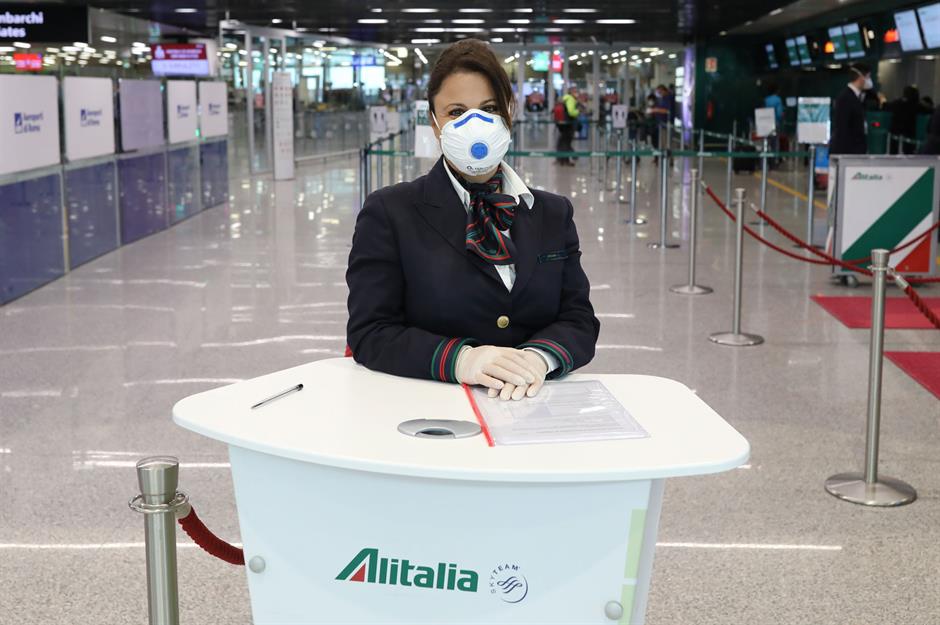
Coronavirus proved to be the airline's breaking point. Following a failed privatisation attempt by Etihad Airways, Alitalia was fully renationalised in March to save it from going out of business completely. That said, the Italian government is replacing the failed flag carrier with a brand new national airline called ITA (Italia Trasporti Aereo), which is expected to launch early next year.
Arcadia
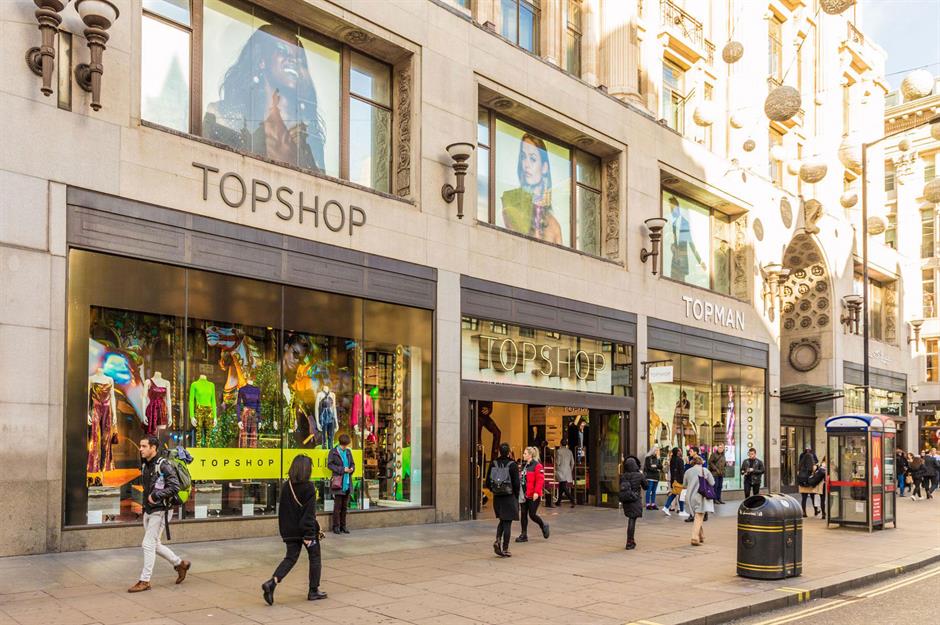
As was the case with Alitalia, British retail group Arcadia was already on its knees before COVID-19 upended our lives. This time last year, the company, which counts key British fashion names such as Topshop, Burton and Dorothy Perkins among its portfolio, was in dire straits and suffering from increasing competition from online retailers and rising rents following years of underinvestment, which had translated to ever-decreasing revenues and profits.
Sponsored Content
Arcadia
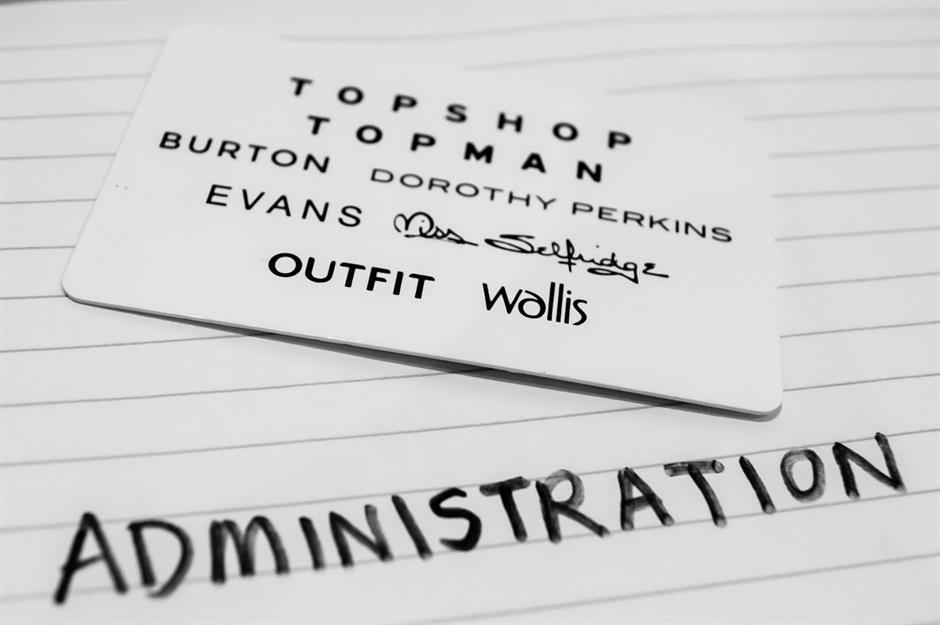
The pandemic dealt the coup de grâce as clothing sales fell precipitously, and Arcadia came toppling down. The retailer went into administration in late November and its key brands are now worth half of the $1.1 billion (£800m) they were valued at in January. Former chief executive Stuart Rose, who now heads up the UK supermarket delivery service Ocado, believes the group is likely to be broken up with the corporate vultures circling “to pick over the carcass”. American retail company Authentic Brands, which owns New York department store Barneys, is said to be one of the interested parties. It's a sad end for a company that was flying high in the 2000s and for much of the 2010s.
Now read about the biggest billionaire winners and losers of 2020
Comments
Be the first to comment
Do you want to comment on this article? You need to be signed in for this feature